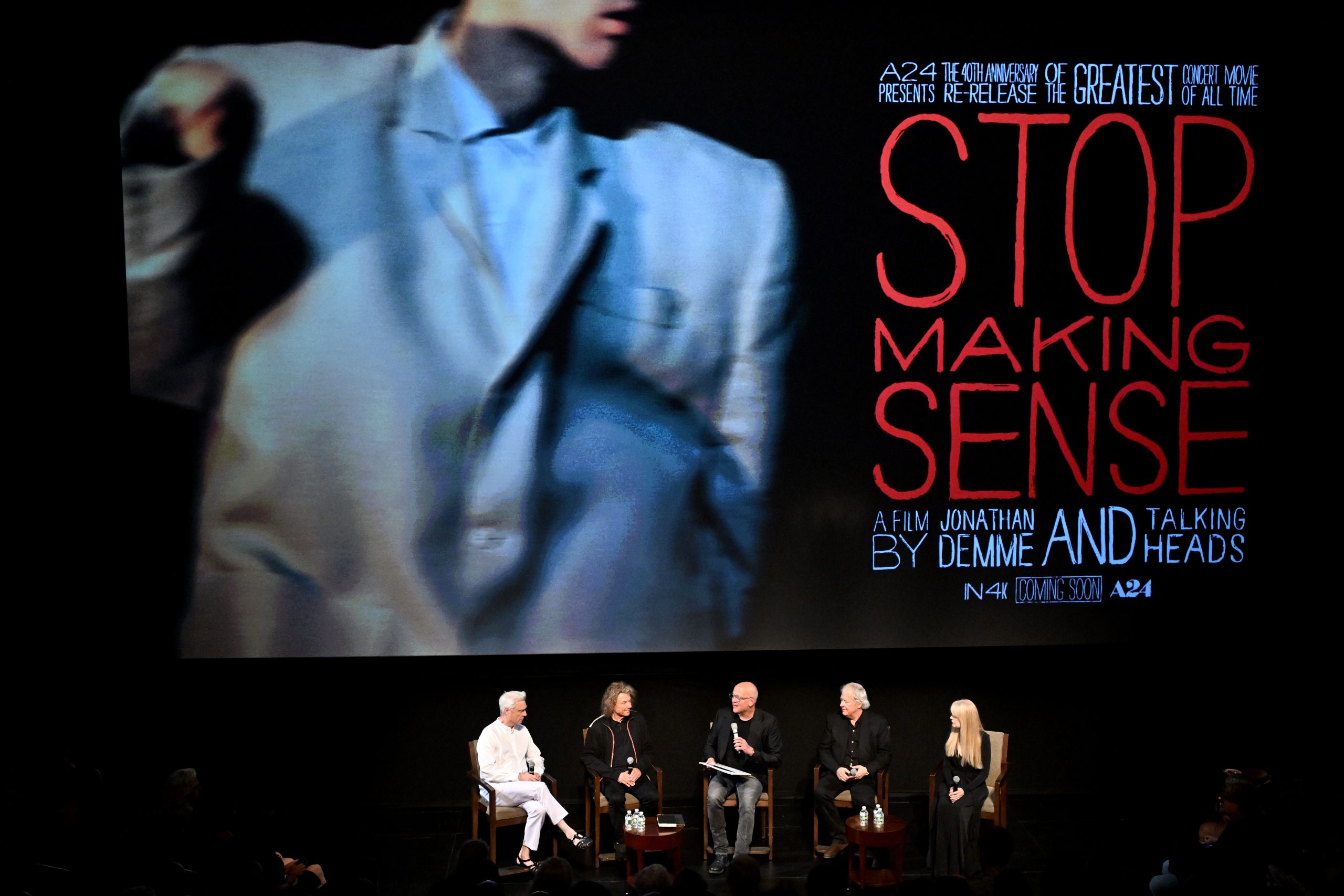What Screenwriting Rules Does James Cameron Follow?
As No Film School's resident screenwriter, I've written a lot about screenwriting rules and ideation. And I've gone on record saying the only thing you have to follow is plant and payoff. But there are way better people put there to take advice from, like James Cameron. I do not think James Cameron needs an introduction, but if you just landed on planet Earth, Cameron is a genius director behind the Terminator movies, Titanic, The Abyss, the Avatar movies , and more. - YouTube www.youtube.com Recently, in his Masterclass, Cameron spoke about what he thinks about screenwriting rules. Cameron said, “I believe in the three-act structure, I’ve just never succeeded in doing one. Terminator is five acts, with a coda. Aliens is four acts. None of my stuff ever fits the three-act structure. I think thinking in acts is good up to a point... If you think in terms of act breaks, you‘ll create transitions that are interesting...There are plenty of books on screenwriting. Read the books. Know the rules. And then just break them.”I love it when famous people agree with me. Rules are meant to be broken. But you sort of need to know what the parameters and their values are before you can test them. Knowing the rules does not mean you're beholden to them. I think it just helps you understand audience expectations and tropes. From there, you can expand your ideas and surprise expectations, surprising the reader and showcasing your voice. Rules are there as guardrails when you're starting out. Once you get comfortable, forge out on your own and see what works. 'Terminator' Credit: Paramount Other MasterClass Lessons Cameron also says in the class, "A movie is only as good as the characters you're following."His MasterClass delves into the nuances of character development, from creating a strong protagonist with a clear "want" to crafting compelling antagonists who are more than just one-dimensional villains. He uses the example of Sarah Connor in The Terminator to illustrate a character's arc and transformation in the face of extraordinary circumstances.Cameron also dedicates significant time to the art of generating and developing a core concept. He encourages students to be sponges, drawing inspiration from art, science, and their own dreams. When it comes to worldbuilding, he also has a lot of opinions. A key takeaway is that he grounds all his fantastical worlds in relatable details. This idea is that the more fantastic the subject, the more you have to ground the audience in a reality that they know, so they can find things to relate in the world. Summing It All UpFor aspiring and seasoned filmmakers alike, James Cameron's MasterClass offers a rare and intensive look into the mind of one of cinema's most ambitious and successful writer-directors. I love how he pulls apart rules and character and writing and teaches everything from a filmmaker-first POV, based on how he thinks you can execute. Let me know what you think in the comments.


As No Film School's resident screenwriter, I've written a lot about screenwriting rules and ideation. And I've gone on record saying the only thing you have to follow is plant and payoff.
But there are way better people put there to take advice from, like James Cameron.
I do not think James Cameron needs an introduction, but if you just landed on planet Earth, Cameron is a genius director behind the Terminator movies, Titanic, The Abyss, the Avatar movies , and more.
- YouTube www.youtube.com
Recently, in his Masterclass, Cameron spoke about what he thinks about screenwriting rules.
Cameron said, “I believe in the three-act structure, I’ve just never succeeded in doing one. Terminator is five acts, with a coda. Aliens is four acts. None of my stuff ever fits the three-act structure. I think thinking in acts is good up to a point... If you think in terms of act breaks, you‘ll create transitions that are interesting...There are plenty of books on screenwriting. Read the books. Know the rules. And then just break them.”
I love it when famous people agree with me.
Rules are meant to be broken. But you sort of need to know what the parameters and their values are before you can test them.
Knowing the rules does not mean you're beholden to them. I think it just helps you understand audience expectations and tropes. From there, you can expand your ideas and surprise expectations, surprising the reader and showcasing your voice.
Rules are there as guardrails when you're starting out. Once you get comfortable, forge out on your own and see what works.
 'Terminator'
Credit: Paramount
'Terminator'
Credit: Paramount
Other MasterClass Lessons
Cameron also says in the class, "A movie is only as good as the characters you're following."
His MasterClass delves into the nuances of character development, from creating a strong protagonist with a clear "want" to crafting compelling antagonists who are more than just one-dimensional villains.
He uses the example of Sarah Connor in The Terminator to illustrate a character's arc and transformation in the face of extraordinary circumstances.
Cameron also dedicates significant time to the art of generating and developing a core concept. He encourages students to be sponges, drawing inspiration from art, science, and their own dreams.
When it comes to worldbuilding, he also has a lot of opinions.
A key takeaway is that he grounds all his fantastical worlds in relatable details. This idea is that the more fantastic the subject, the more you have to ground the audience in a reality that they know, so they can find things to relate in the world.
Summing It All Up
For aspiring and seasoned filmmakers alike, James Cameron's MasterClass offers a rare and intensive look into the mind of one of cinema's most ambitious and successful writer-directors.
I love how he pulls apart rules and character and writing and teaches everything from a filmmaker-first POV, based on how he thinks you can execute.
Let me know what you think in the comments.




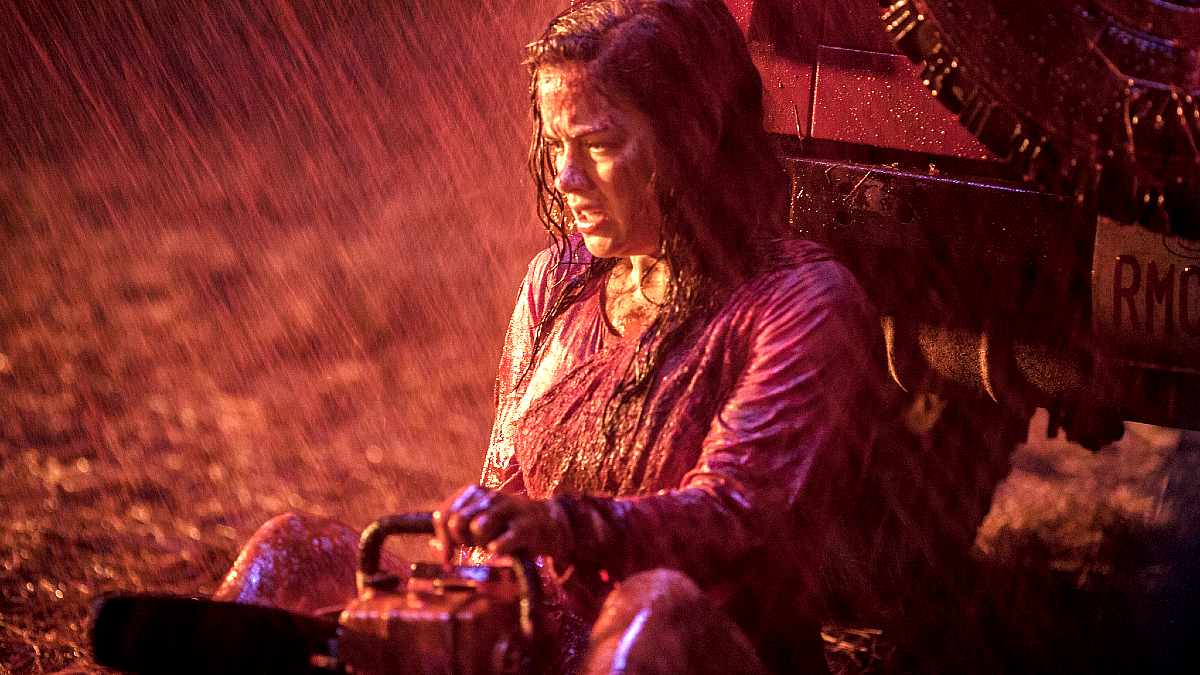





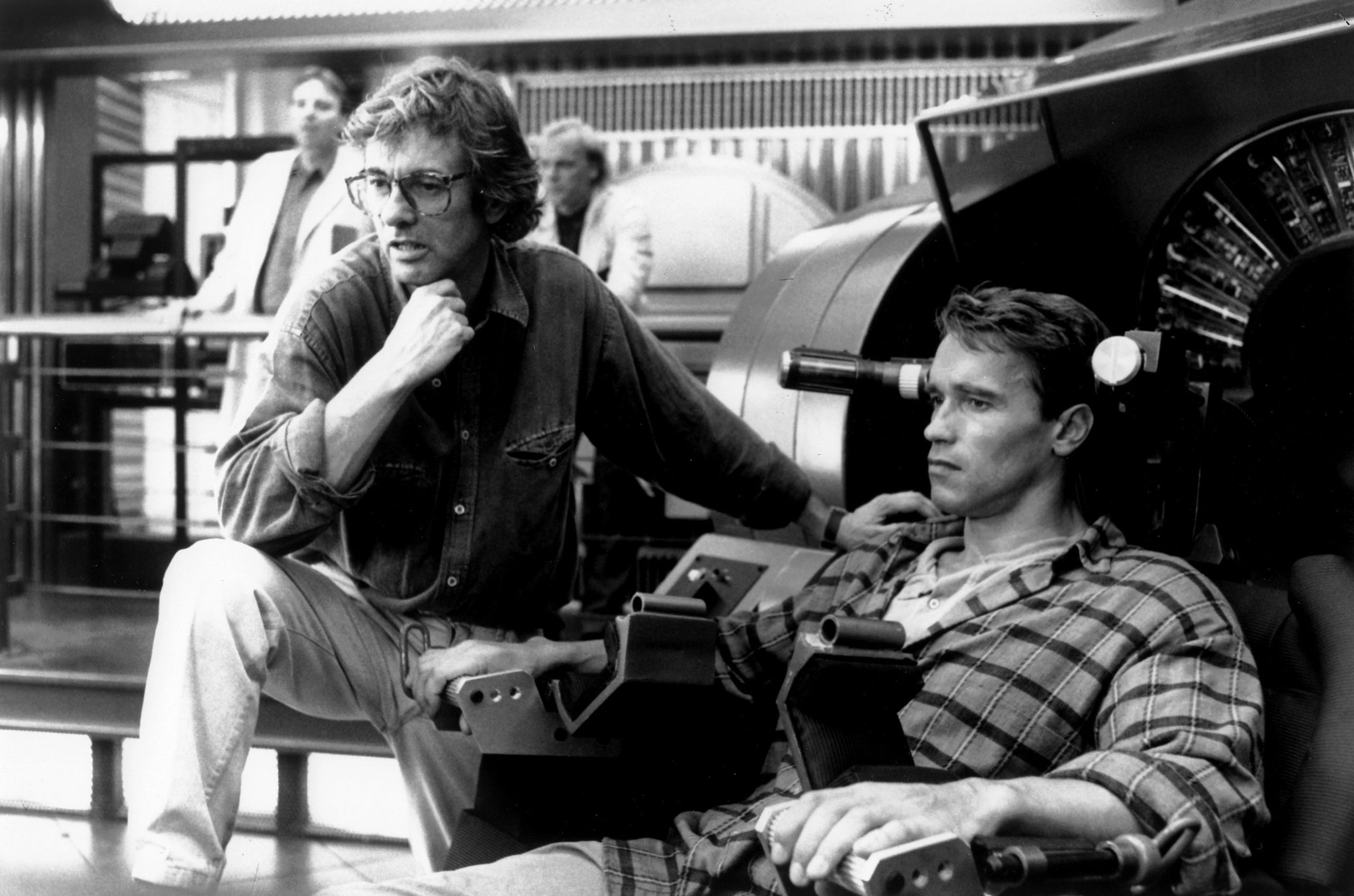



















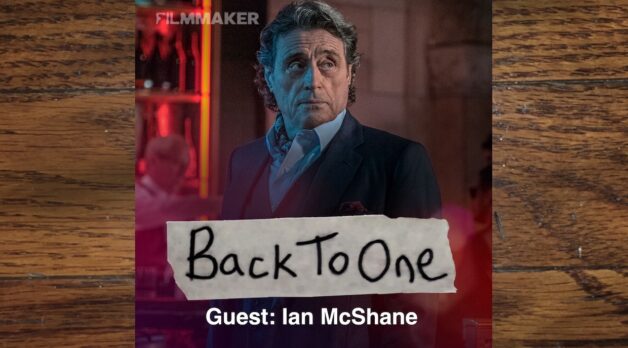























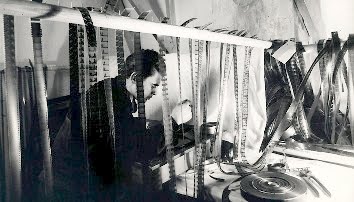
![The Sweet Cheat [THE PAST REGAINED]](https://jonathanrosenbaum.net/wp-content/uploads/2011/05/timeregained-womanonstairs.png)











































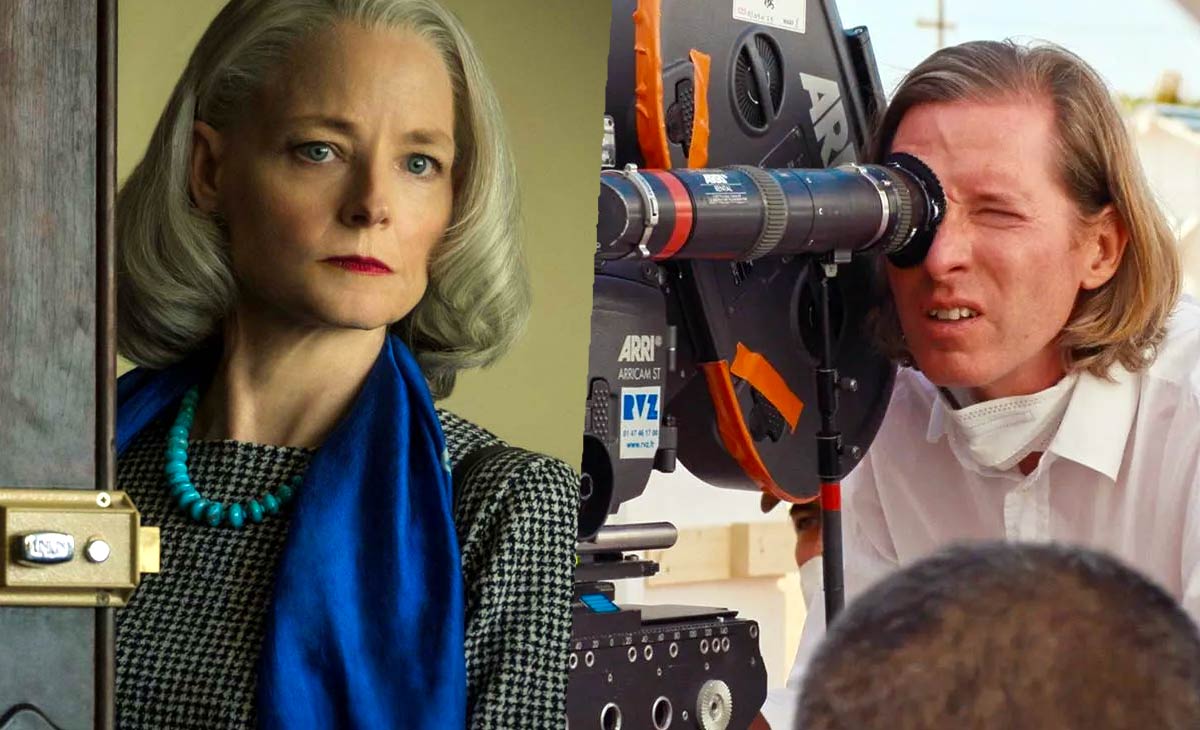

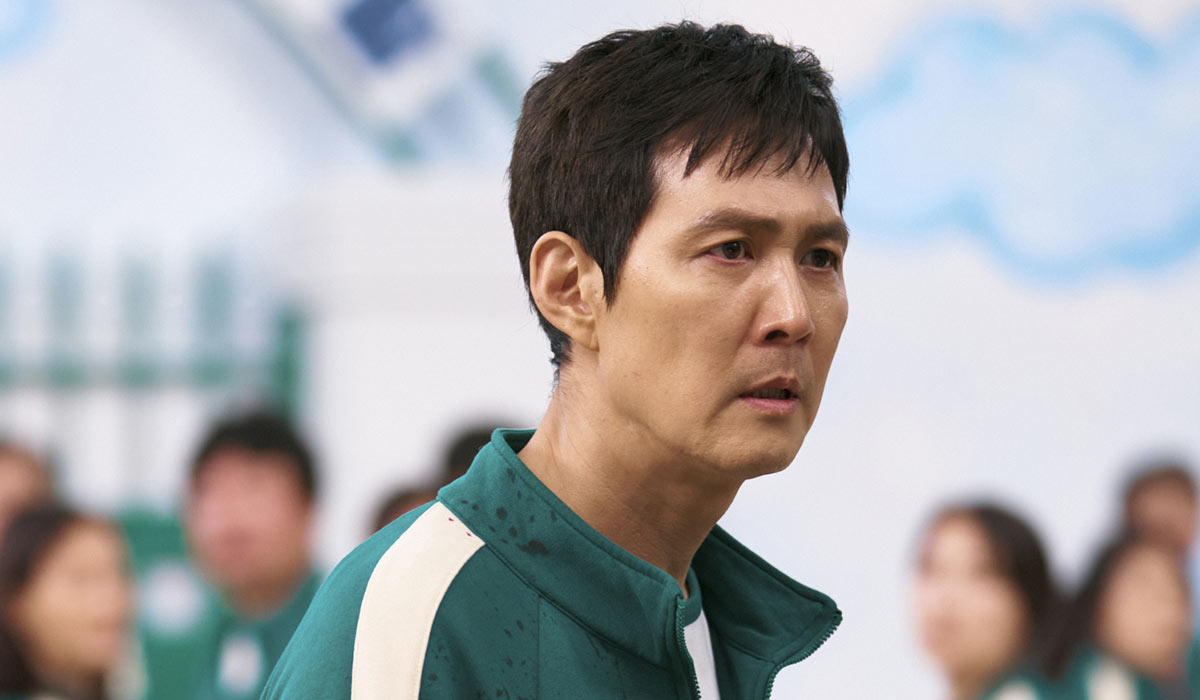































































































































-0-8-screenshot.png?width=1920&height=1920&fit=bounds&quality=70&format=jpg&auto=webp#)
.jpg?width=1920&height=1920&fit=bounds&quality=70&format=jpg&auto=webp#)







































































































































































































